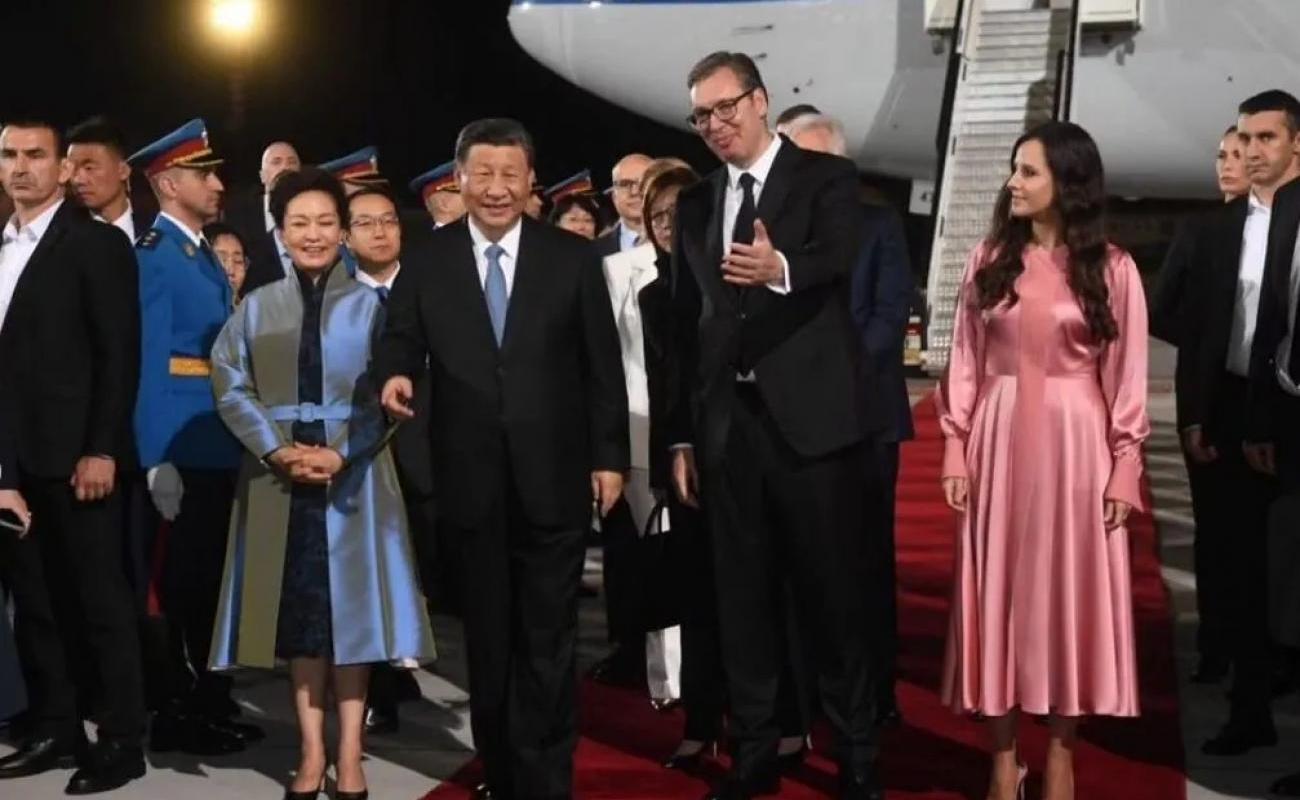How the citizens of the Western Balkans see China: In Serbia, the picture is positive, sometimes with the wrong conclusion

CONCLUSION
The analysis deals with the perception that citizens of the Western Balkans, but primarily Serbia and Montenegro, have of China. The focus on Serbia is understandable because it is a country that is presented in public as a key partner of China in the Western Balkans. If we take into account the media narratives, especially by the media close to the ruling structures in Serbia and Montenegro, it is not surprising that China is perceived very positively in Serbia and partly in Montenegro. In other Western Balkan countries, the very positive perception of China by citizens is present to a lesser extent than in these two countries.
Of particular interest is the part of the research that related to Chinese investments in Serbia and Montenegro, where citizens cited infrastructure projects that are being implemented by Chinese companies with money from Chinese creditors, which is, therefore, not an investment but a loan. Such a perception of the citizens of Serbia and Montenegro is largely influenced by the media close to the ruling structures, which rarely or almost never deal with the details of signed contracts, which are usually unknown to the general public. Even when it comes to specific investments by Chinese companies (the Zinjin Mine in Bor, for example), media close to the ruling structures do not talk about the non-compliance with domestic and international legislation when it comes to, for example, the protection of the environment and the health of the population. The positive image of China, which is broadcast in Serbia by national media, is dominantly created by representatives of government institutions in Serbia and partly in Montenegro.
At the same time, NGOs and independent media that deal with the problems of non-transparent and suspicious business operations of Chinese companies or unknowns related to contracts with Chinese creditors, have no support from either the ruling structures or public broadcasters.
All of the above indicates that citizens, specifically in Serbia and Montenegro, have a somewhat distorted image of the role that China has in their countries, so it is not surprising that the majority of respondents in these countries experience China very positively.
Send feedback
5,000 character limit. Use the arrows to translate more
